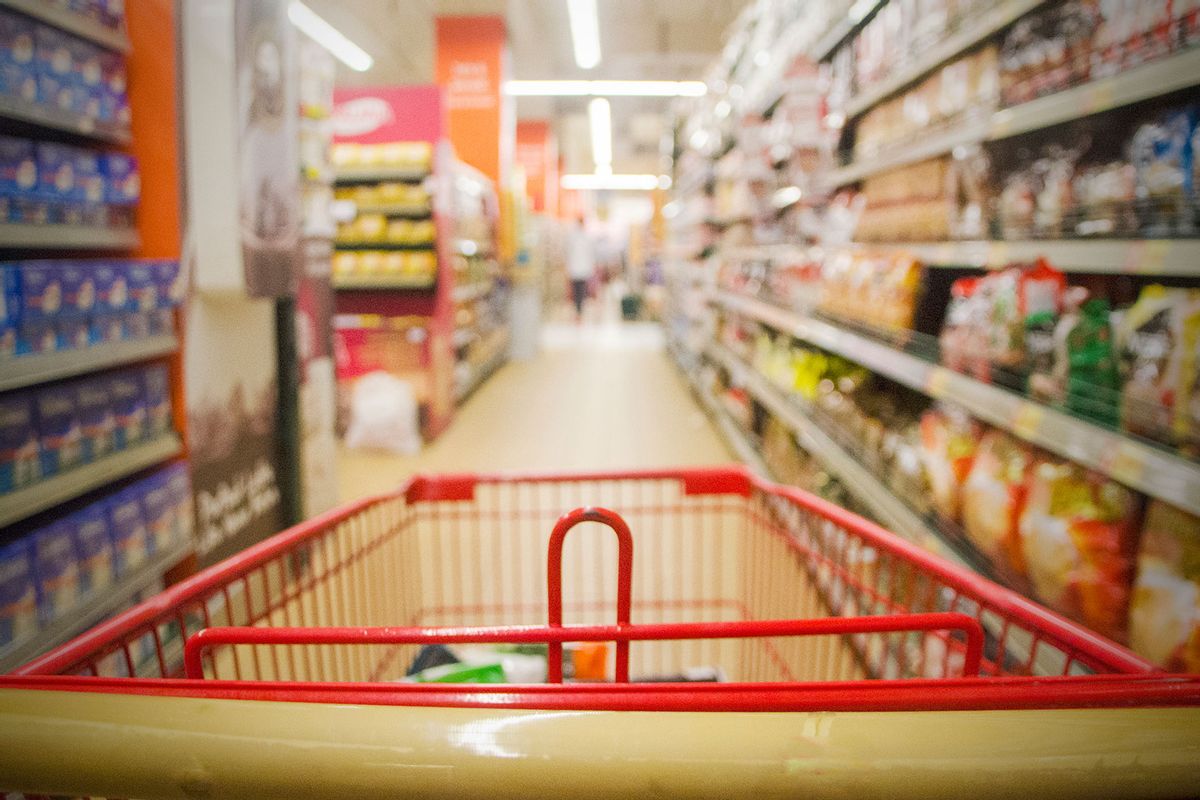Economic experts are warning against stockpiling goods as President Donald Trump’s trade war looms.
Trump threatened 25% tariffs on Mexico and Canada, as well as 10% tariffs on China, earlier this month. While the tariffs on our North American neighbors have been paused, Trump’s duties on Chinese goods remain — and he’s suggested that the European Union might be next in line.
China has instituted retaliatory tariffs on U.S. imports, and floated possible sanctions on U.S. companies like Google, according to Reuters. When asked about China’s response, Trump responded, “That’s fine.”
But is it? Tariffs can lead to higher costs for consumers, as businesses transfer the rising cost of imports to the customer. A recent consumer survey showed 86% of Americans are already bracing for the impact on their wallet.
“Anything imported could be more expensive in the future,” Steven Conners, founder of Conners Wealth Management told CNBC. “If you have expenditures that are larger in nature, you might want to do that now as opposed to delaying.”
Conners’ sentiment is held by many U.S. consumers. 12% of Americans reported they have already begun stockpiling products in that same survey — but experts suggest that might be a bad move. Spikes and demand can exacerbate problems in supply chains that are already under strain.
“Sudden surges in demand can disrupt supply chains, leading to shortages and hoarding behavior — issues we experienced firsthand during the pandemic,” University of New England College of Business professor Amir Mousavian told CNBC. “The psychological impact of such behavior ripples through the supply chain, reinforcing inefficiencies rather than addressing them.”
Mousavian added that the supply-and-demand crisis during the coronavirus pandemic added to an artificial inflation of prices that hurt consumers. Some of those prices have yet to return to pre-pandemic levels.
“The overall harm to the majority of consumers — caused by disruptions, shortages, and likely artificially inflated prices due to shortages — far outweighs the potential minimal savings that some individuals may experience by stockpiling,” Mousavian said.



Shares